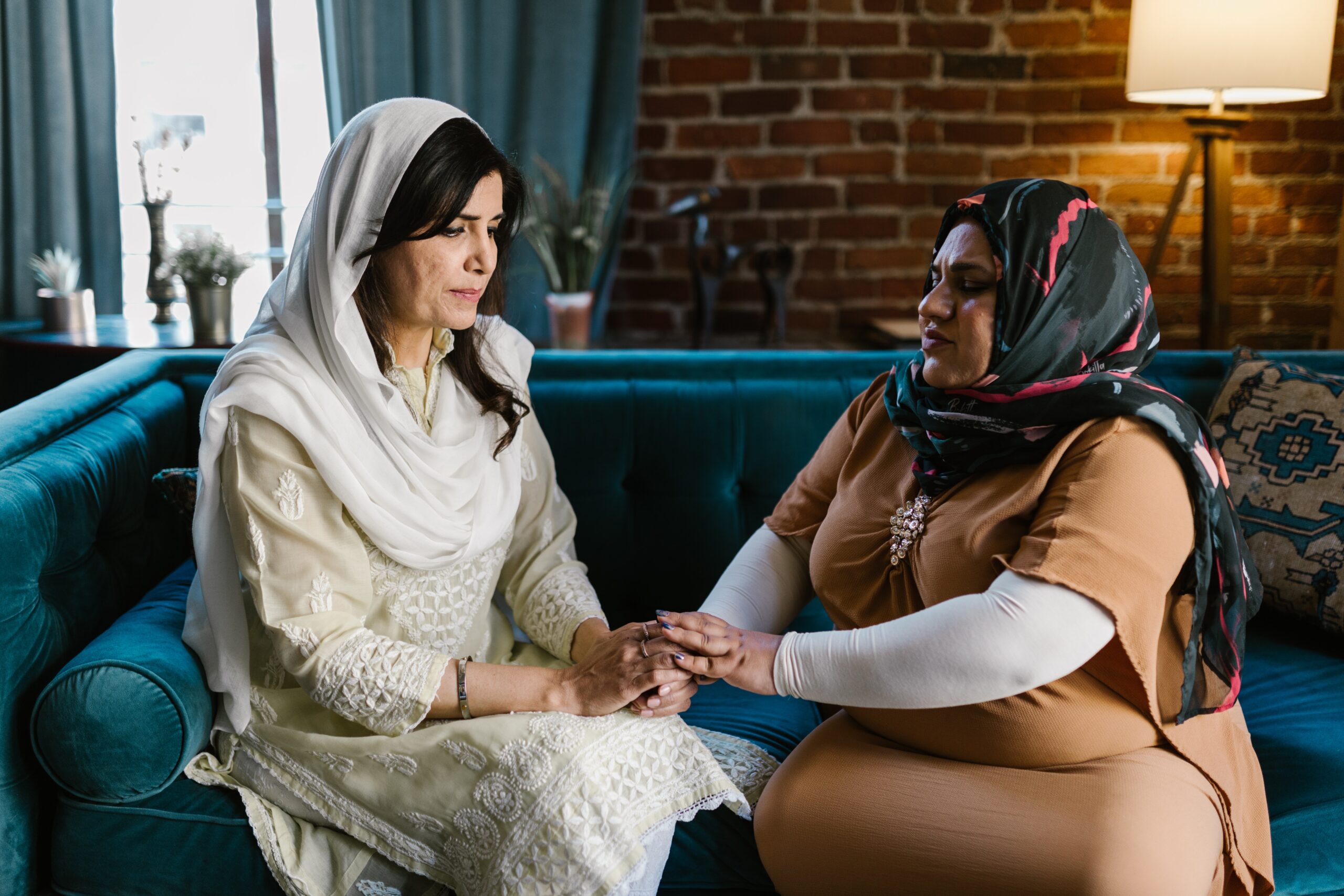Being Supportive
Being Supportive to Stressed Loved Ones
It is hard to say which is the more difficult position: to be needing reassurance and support, or to be trying to help a friend or family member and not knowing what to say. Perhaps you grope for the right words and end up saying nothing, or manage to say exactly the wrong thing.
Most of us (including many doctors) are convinced that grief always follows the same patterns: the bereaved person first experiences deep distress and depression, then begins to “work through” and adjust to the new situation, and finally resolves the loss and resumes functioning. All this is supposed to happen pretty quickly – and any deviation is generally interpreted as “bad.”
 The Blue Zones Secrets for Living Longer |
Mourning is Personal
The reality is that some people don’t always conform to this pattern. Those who don’t mourn openly may find themselves accused of “denial.” Those who can’t recover quickly may be categorized as morbid or self-indulgent. But, in fact, there are really no definitions for “normal” grieving or “working through.” Even healthcare professionals have been known to recommend a “pat on the back and kick in the pants” for people who seem to be grieving too deeply or too long. But given how little is known about grieving, pats and kicks may not be appropriate as all. Because mourning is so personal comments on a person’s method of dealing with loss may do more harm than good. Thus when you offer support to someone who’s having a hard time, it’s always a good idea to stop and think about what you would want to hear yourself, or how you would want to be listened to. Thought much depends on the individual you’re dealing with a few general pointers may apply:
- Make sure there’s no implicit criticism in any suggestions you make. Instead of “you’re brooding too much,” try, “I wish you’d be our fourth for bridge” or some similar invitation
- On the other hand, remember that people who are bereaved or ill don’t want to talk about their problems all the time. It’s all right to bring up other subjects. It may be the most helpful thing for them.
- Just be there. Love, emotional support, and calm concern can be the most helpful contribution from family members and friends. Such acts of service as coming along for a doctor’s appointment, providing transportation to and from treatments, or other kinds of practical aid. “Just Being There” can be the strongest supportive factor for a spouse.
 |
|
Coping with Stress Aches and Pains What is Stress The End of the Day Stress Busters |








